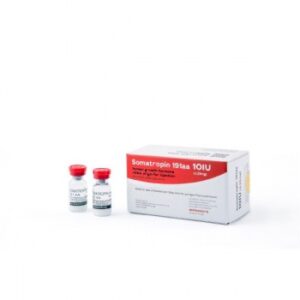Cannabinoids are a group of chemical compounds that are naturally found in the cannabis plant. There are over 100 different cannabinoids that have been identified, but the most well-known and well-studied are tetrahydrocannabinol (THC) and cannabidiol (CBD).
THC is the primary psychoactive compound in cannabis, meaning it is responsible for the “high” associated with cannabis use. It works by binding to cannabinoid receptors in the brain and central nervous system.
CBD, on the other hand, is non-psychoactive and has been shown to have a variety of potential therapeutic benefits, such as reducing anxiety, inflammation, and pain. CBD works by interacting with the body’s endocannabinoid system, which plays a role in regulating various bodily functions.
Other cannabinoids that have been studied include cannabigerol (CBG), cannabinol (CBN), and cannabichromene (CBC). While research on cannabinoids is ongoing, there is growing evidence to suggest that they may have potential therapeutic uses for a range of conditions, including epilepsy, chronic pain, and anxiety.
Cannabinoids
Showing all 9 results















